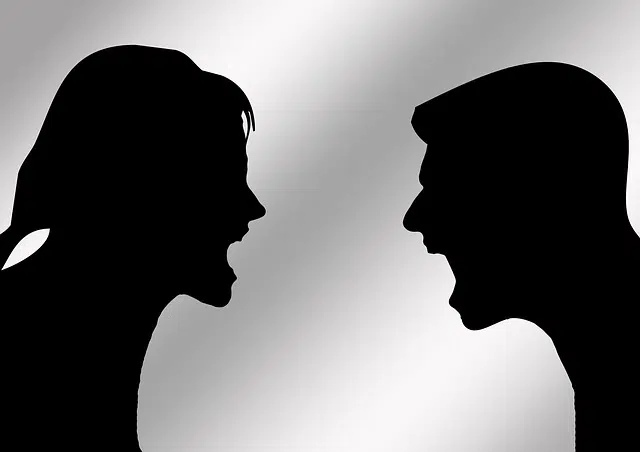
Hostility is linked to aggressive behavior.
From the Latin hostilitas , hostility is the quality of hostile , which indicates a provocative and contrary attitude, generally without reason, towards another living being. The concept allows reference to a hostile action and armed aggression, according to the dictionary of the Royal Spanish Academy (RAE) .
Hostility, therefore, implies abusive and aggressive behavior that can be reflected in emotional or physical violence , at the hands of a single person, a small group or a large number of people and be directed, in the same way, at one or more subjects. There is the hostility of one person towards another, which involves a confrontation between two subjects, but also the hostility of one country towards another (a situation that can lead to war ).
Different forms of hostility
Children who must endure bullying at school, adults who suffer abuse from their partners, workers who face harassment at work and foreigners discriminated against in their new land are some of the most common victims of hostility in different social groups. .
Hostile behavior can take many forms; In some cases, these are subtle attitudes, which may consist of phrases with an ironic tone, mockery or antipathy itself. For example: “Néstor always asks me about my wife, even though he knows very well that we got divorced after he was unfaithful to me.”
On other occasions, however, the hostility is more direct, with acts and verbal expressions that seek to bother or intimidate the person to the point of causing physical or emotional harm : “If the only thing you know how to do is say stupid things, it's better to stay silent.” , “A classmate pushed me down the stairs because he discovered that I am gay” , “I'm not interested in your opinion; “You never contributed any intelligent ideas to this company.”

A confrontation can break out from hostility.
The incidence of shyness
Shy people are often taken for unfriendly by those who do not know them well and, very often, their attitudes are considered hostile. Analyzing the behavior that generates extreme shyness in an individual, it is discovered that the result of their actions, as well as the impact they cause on their environment, is practically opposite to what they expected. When someone has serious problems relating to others, the reasons usually revolve around a lack of self-esteem or self-love, which can be seen as overvaluing others.
A conversation with a shy person usually includes infrequent asides, very short sentences, and awkward silences; In the same way, it may happen that you interrupt the meeting unexpectedly and leave your interlocutor with the word in his mouth . Needless to say, it is not a pleasant experience, but it is important to highlight that, in the first place, it is not a pleasant experience for the author either. Someone who considers themselves less important, likable, or interesting than other people would never consciously try to do any of the things listed at the beginning of this paragraph; almost on the contrary, I would give anything to not have to act at all in front of another person.
When taking into account the sensations that an individual who suffers from shyness must go through, it is easy to understand that he never tries to be hostile in dealing with others, but rather that he has no control over his actions when he feels observed. It should be noted, however, that each living being perceives reality in a unique and unrepeatable way, based on the countless series of past experiences that have marked it, that have sculpted its character. Although it is possible to review specific moments in our history and modify the opinion we have about another person, we cannot erase or eliminate a feeling or sensation, even if time proves that one was wrong.
